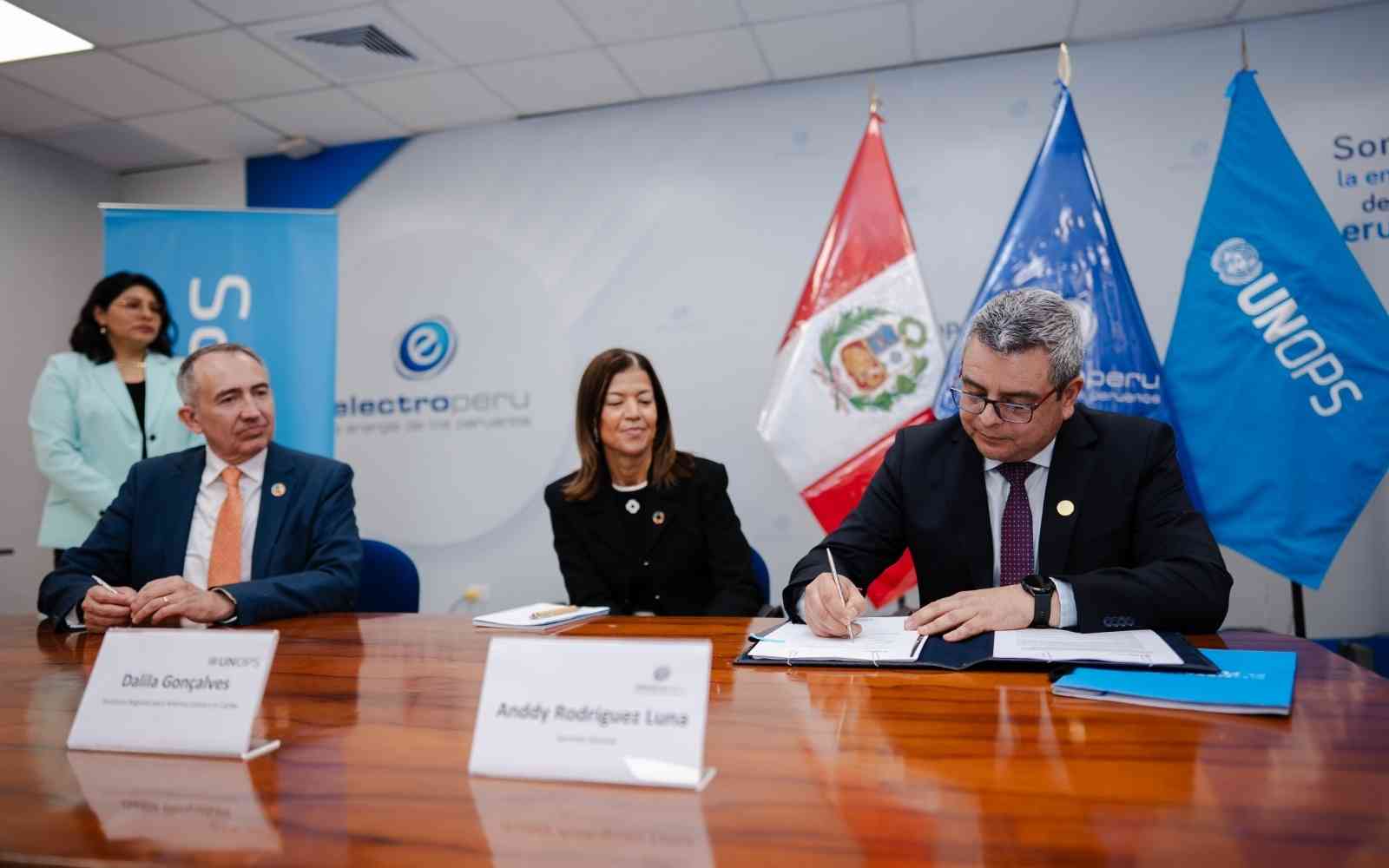The United Nations Office for Project Services (UNOPS)

Procurement
See MorePublic spending can be a powerful force for change.
At UNOPS, we believe more transparent, sustainable and resilient procurement models can strengthen supply chains, empower institutions and be a catalyst for realizing sustainable and inclusive development.
Diversifying supply chains not only makes them more resilient, but also provides businesses owned by women, young people, people with disabilities and ethnic minorities opportunities to prosper.
We specialize in helping our partners tap into the unique opportunities that public procurement offers to accelerate the shift to low-carbon economies, recover from the socio-economic impact of the pandemic, tackle corruption, and reduce inequality.
Procurement agent services
Through our leading approach to sustainable procurement, we support our partners by undertaking procurement and supply services on their behalf, maximizing value for money. Our market knowledge allows us to rapidly mobilize operations where local capacity is strained, such as relief and recovery operations in post-disaster settings.
Read more

UN Web Buy Plus
UNOPS cost-competitive and user-friendly e-Commerce solution takes care of complex procurement processes ensuring peace of mind. We offer a wide range of technical products made available through international competitive bidding in accordance with UNOPS rules and regulations.
Learn moreAdvisory services
We offer dedicated advisory services so that our partners can increase the transparency, effectiveness and efficiency of their procurement and supply chain operations. Our experts bring international best practices to strengthen local procurement and financial systems.
Read more
What did we procure?
In 2024, UNOPS procured $1.7 billion worth of goods and services for its partners in 150 countries around the world – with 47 per cent of procurement budgets going to local suppliers to lessen environmental impacts by reducing emissions and directly support local economies.












